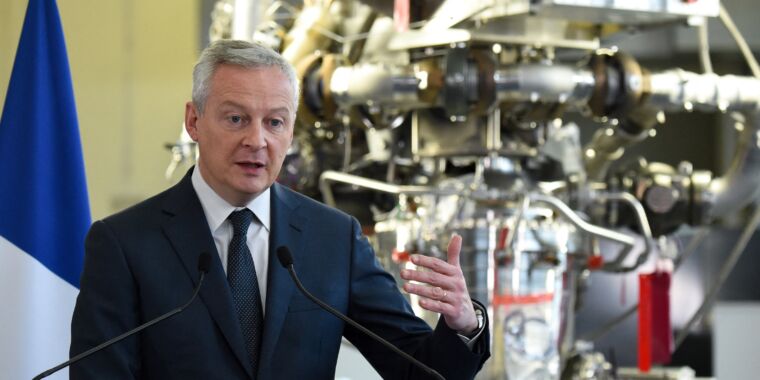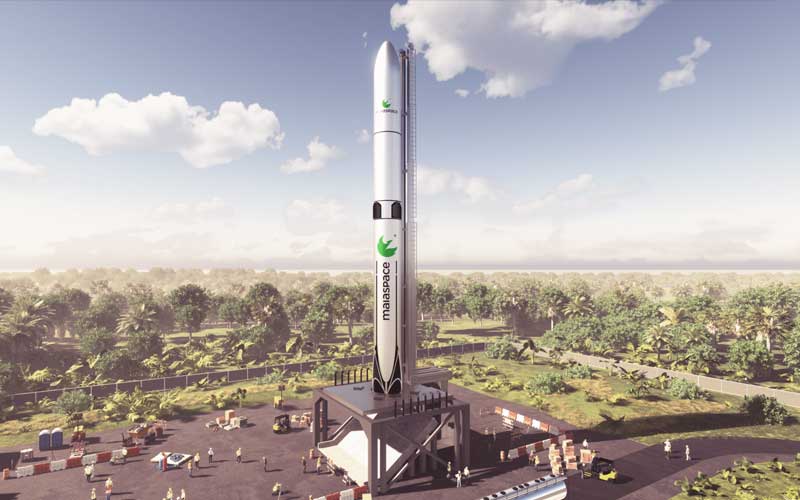- Joined
- 21 January 2015
- Messages
- 10,688
- Reaction score
- 12,356

Concerned about SpaceX, France to accelerate reusable rocket plans
"It's a real break from French strategy, and clearly inspired by the USA."
Concerned about SpaceX, France to accelerate reusable rocket plans
"It's a real break from French strategy, and clearly inspired by the USA."
The new plan calls for the large, France-based rocket firm ArianeGroup to develop a new small-lift rocket called Maïa by the year 2026. This is four years ahead of a timeline previously set by the European Space Agency for the development of a significantly larger, reusable rocket.
Although the technical details are sparse, Maïa will not be Europe's "Falcon 9." It will have a lift capacity of up to 1 metric ton to low Earth orbit and be powered by a reusable Prometheus rocket engine, which is fueled by methane and liquid oxygen. This engine, which remains in the preliminary stages of development, has a thrust comparable to a single Merlin 1D rocket engine, which powers SpaceX's Falcon 9 rocket. But since there are nine engines on the SpaceX rocket, it can lift more than 15 times as much as the proposed Maïa in fully reusable mode.
>


